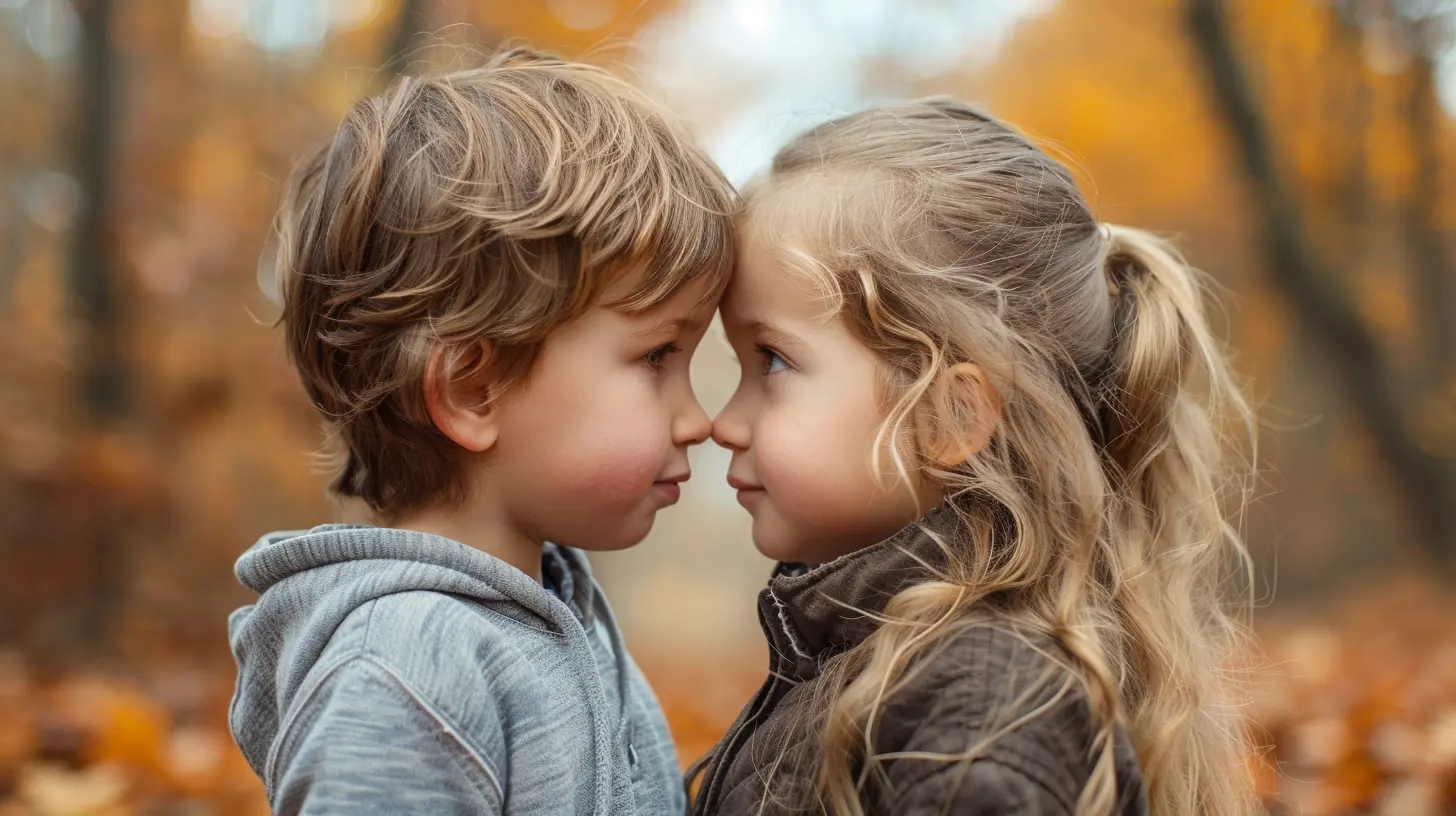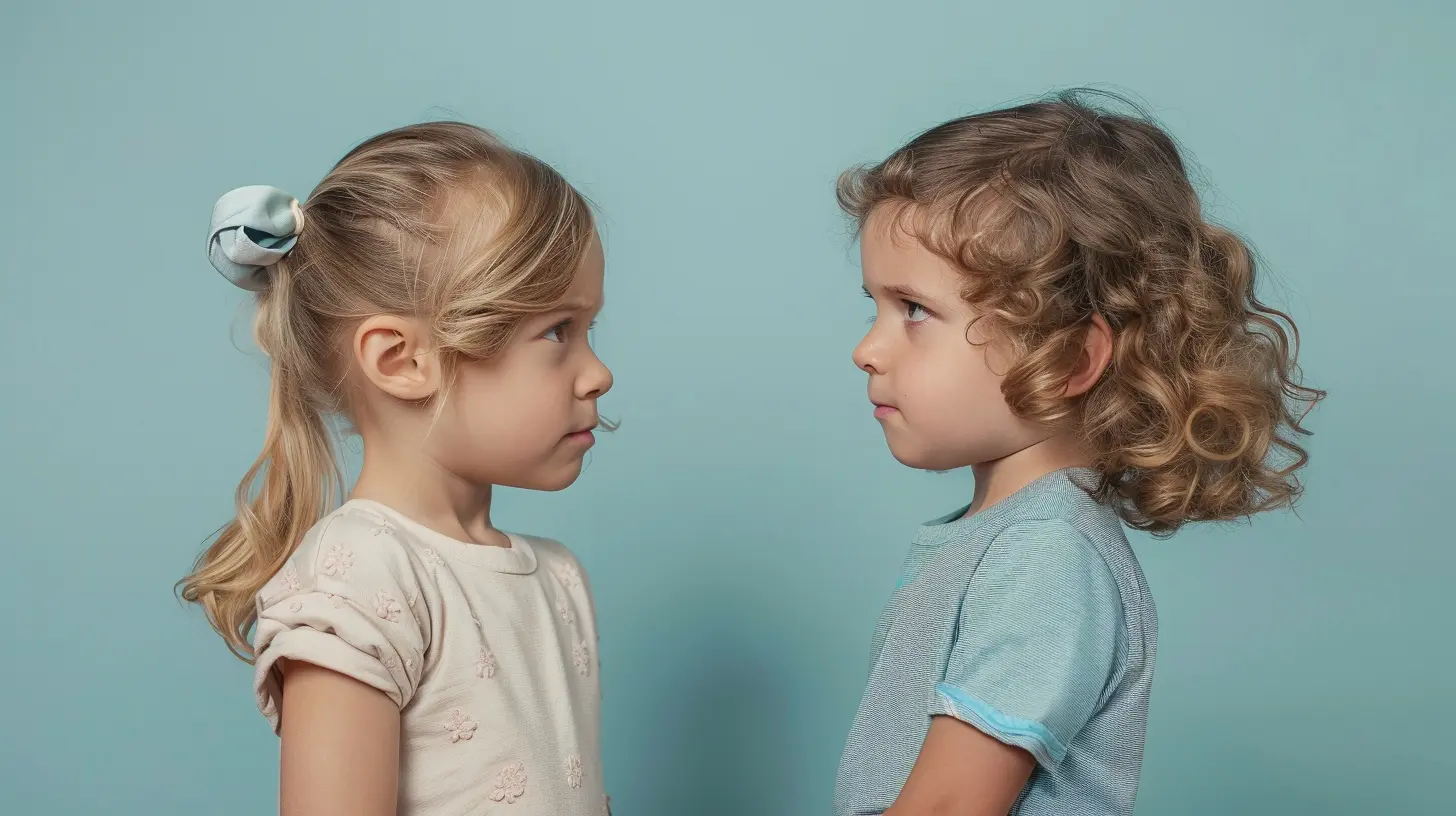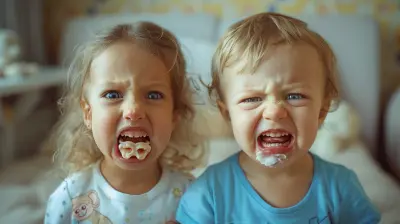How to Apologize to Your Child and Strengthen Your Bond
23 July 2025
Parenting is tough. We’re human, and we make mistakes—sometimes big ones. Whether it’s losing our temper, making an unfair judgment, or simply not listening when we should, we’re bound to mess up at times. But here’s the good news: apologizing to our children isn’t a sign of weakness. It’s a powerful way to teach them about accountability, respect, and love.
Saying “I’m sorry” to your child can seem tricky, especially if you weren’t raised in a household where parents apologized. But when done right, it not only mends the situation but strengthens your connection with your child. Let’s dive into how to properly apologize to your little one and, in the process, build a deeper, more trusting relationship.

Why Apologizing to Your Child Matters
Many parents worry that saying sorry might undermine their authority. But in reality, it does the exact opposite. When you apologize, you model humility, empathy, and integrity—qualities we all want our children to develop.Think about it: would you trust and respect someone who never admits when they’re wrong? Probably not. Kids feel the same way. A sincere apology teaches them that mistakes are normal and that it’s important to own up to them.
By apologizing, you show your child that:
- Respect is mutual – They’re not just expected to apologize when they make mistakes; adults should, too.
- Emotions are valid – If your actions hurt them, it’s okay for them to feel that way.
- Problems can be solved with communication – Apologizing paves the way for meaningful conversations and emotional growth.

When Should You Apologize to Your Child?
Not every little disagreement warrants an apology. But if you’ve:- Yelled at them unfairly
- Accused them of something they didn’t do
- Ignored their feelings
- Punished them unjustly
- Embarrassed them in front of others
…then it’s time to own up to your mistake. If your gut tells you that you were in the wrong, trust it. Children have an excellent memory when it comes to emotional experiences, so brushing it off can lead to lingering resentment or hurt.

How to Apologize to Your Child the Right Way
Apologizing isn’t just about saying “I’m sorry.” A genuine apology involves thoughtfulness, sincerity, and an effort to make amends. Here’s how to do it the right way:1. Be Sincere and Own Your Mistake
Kids are like tiny human lie detectors—they can pick up on fake apologies a mile away. If you don’t mean it, they’ll know. Instead of giving a half-hearted or defensive apology, be honest about what happened.Example:
❌ “I’m sorry, but you were being annoying.” (That’s not an apology—that’s an excuse.)
✅ “I’m sorry for yelling at you earlier. I was frustrated, but that wasn’t fair to you.”
2. Use "I" Statements Instead of "You" Statements
Blaming your child while apologizing defeats the whole purpose. Instead of saying, “I’m sorry you got upset,” say, “I’m sorry I made you feel that way.”This small shift puts the responsibility where it belongs—on your actions, not their reaction.
3. Acknowledge Their Feelings
An apology isn’t just about you admitting fault; it’s also about validating their emotions. Let them know that their feelings matter.Example:
"I can see that what I said hurt you, and I feel bad about that. Your feelings are important to me."
This teaches kids emotional intelligence and reassures them that their emotions are valid.
4. Explain, But Don't Excuse
It’s okay to give context to your actions, but don’t use it to justify your mistake. Saying “I was really tired and stressed” is fine—just don’t make it sound like an excuse.Instead, try: “I was really stressed after work, but that’s no excuse for raising my voice. I should have handled it better.”
5. Make Amends When Possible
Words are great, but actions speak louder. If your mistake caused emotional or physical harm, think about how you can make it right.- Did you break a promise? Make it up to them.
- Did you embarrass them in public? Apologize in the same setting.
- Did you dismiss their feelings? Give them a chance to share again, and really listen.
Making amends shows them that apologies aren’t just about words but about actual change.
6. Commit to Doing Better
Apologies lose meaning if they aren’t followed by change. Let your child know that you’ll work on handling things differently next time.Example:
"I’m going to work on taking a deep breath before reacting next time. I’ll do my best to be more patient."
This shows growth and sets an example of personal responsibility.
7. Give Them Space to Respond
After apologizing, let your child have their say. They might express their feelings, ask questions, or simply accept your apology. Whatever their reaction, respect it.If they’re still upset, don’t force a hug or a quick “it’s okay” from them. Sometimes, they need a little time to process. That’s completely normal.

What to Avoid When Apologizing to Your Child
While apologizing is important, doing it the wrong way can make things worse. Here’s what not to do:- Don’t Overdo It – Constantly apologizing, especially for small things, can make your child feel responsible for your emotions.
- Don’t Use “But” – Saying, “I’m sorry, but…” negates the apology.
- Don’t Blame Others – Keep the focus on your own actions, not what others did or how your child reacted.
- Don’t Expect Immediate Forgiveness – Just because you apologized doesn’t mean they’ll instantly be okay. Give them time.
The Hidden Benefit: Teaching Your Child How to Apologize
When kids watch their parents take responsibility, they learn to do the same. If you want your child to grow up knowing how to mend relationships, the best way to teach them is by example.A child who sees sincere apologies in action will understand that mistakes don’t define them. Instead, it’s how they respond to those mistakes that truly matters.
Final Thoughts
Apologizing to your child isn’t just about fixing a one-time mistake—it’s about building a foundation of trust and respect. A heartfelt apology shows your child that they are seen, heard, and valued.And let’s be real—parenting is a journey full of ups and downs. You won’t always get it right, and that’s okay. What matters is that you’re willing to acknowledge your mistakes and grow from them.
So the next time you misstep, take a deep breath, own up to it, and show your child that love includes making things right. Your relationship will be stronger because of it.
all images in this post were generated using AI tools
Category:
Communication With KidsAuthor:

Kelly Snow
Discussion
rate this article
1 comments
Delia McKay
Apologizing models growth; your humility strengthens the bond and teaches valuable lessons.
July 31, 2025 at 4:52 PM

Kelly Snow
Thank you! I believe that showing humility in our apologies truly enhances our connection with our children and fosters important life lessons.


